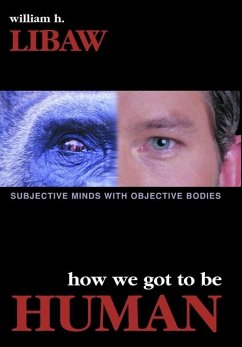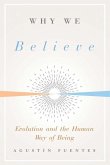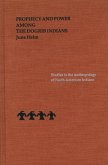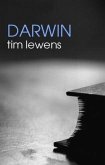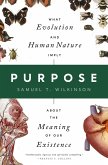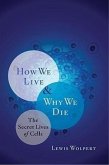This book is about what science frequently dodges or even denies: subjective life as experienced by animals as well as humans. Mixing what is known from science with some novel ideas, science writer William Libaw provides a provocative and stimulating thesis on the origins and evolution of consciousness. Among the intriguing ideas presented are the following: For the earliest animals that had it, subjective experience itself had Darwinian adaptiveness in a rapidly changing environment; the use of gestures and deception among apes and some birds suggests conscious concepts in their mental activity; complete spoken language came first from the mouths of a group of children who inherited the previously unused genetic language capability; and human males have retained the animal rutting instinct and amplified it with conceptual prurience, which leads them to eroticize females, and sometimes pressure them to have sex. As the subjective world of any other creature cannot be observed directly by any of us, this book plays detective to deduce from gestures, deceptive behavior, and language some of the concepts that play a key role in ape and human minds.How We Got to Be Human is an interesting and original synthesis of a great deal of evidence and ideas about the origins and nature of our subjective minds.

